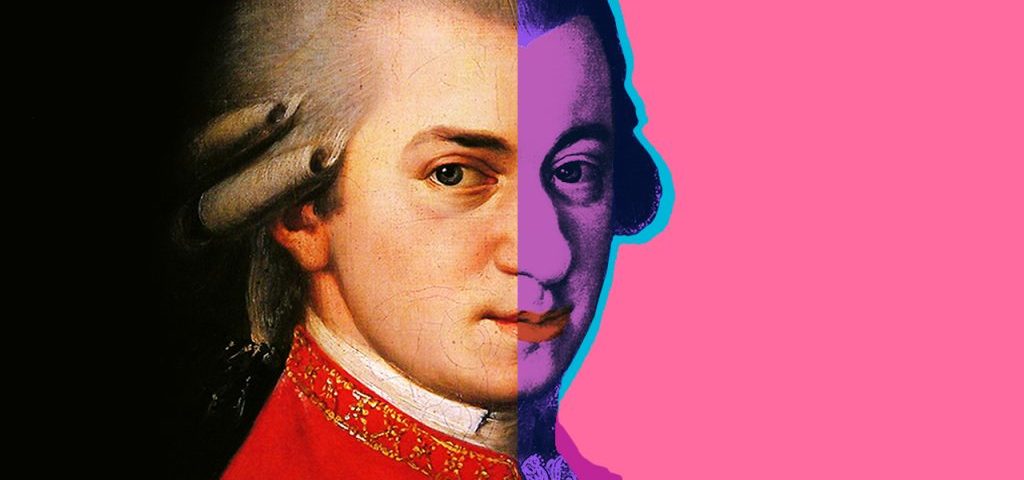Celebrating Beethoven’s Birthday: A Legacy That Still Echoes Today
Each December, music lovers around the world take a moment to celebrate the birth of Ludwig van Beethoven, one of the most influential composers in history. Born on December 17, 1770 in Bonn, Germany, Beethoven redefined what music could be—pushing boundaries, expressing deep emotion, and forever changing the course of classical and modern music alike.
More than 250 years later, his legacy remains stronger than ever.
A Prodigy Turned Pioneer
Beethoven began his musical training under the strict guidance of his father, who saw in him a second coming of Mozart. By his teens, Beethoven had already impressed audiences with his virtuosic piano skills and powerful improvisations. But it wasn’t until he moved to Vienna—then the music capital of Europe—that his compositional voice truly flourished.
Throughout his life, Beethoven composed a vast and influential body of work. His achievements include nine symphonies, most notably the revolutionary Symphony No. 9, which features the iconic “Ode to Joy.” He also wrote 32 piano sonatas, showcasing his evolving style and emotional depth, as well as 16 string quartets that remain cornerstones of the chamber music repertoire. In addition, he composed five piano concertos, each demonstrating his mastery as both a composer and pianist. Beethoven also created several groundbreaking choral works and wrote a single opera, Fidelio, which showcases his commitment to freedom and justice.
Despite losing his hearing in his late 20s, Beethoven continued to compose, conduct, and perform. Some of his greatest works—including the Ninth Symphony and Late String Quartets—were created when he was completely deaf.
His Influence on Modern Music
Beethoven’s influence reaches far beyond the concert hall. His music has shaped the development of not only classical composition but also our understanding of emotion in music, artistic independence, and the composer’s role.
-
Emotionally Driven Music: Beethoven broke away from the formal restraint of the Classical era, ushering in the Romantic movement by infusing his music with raw emotion, drama, and narrative power.
-
Modern Film Scores: The dramatic contrasts, heroic themes, and structural innovations in his symphonies set the blueprint for modern film composers like John Williams, Hans Zimmer, and Howard Shore.
-
Inspiration Across Genres: From jazz to rock, and even electronic music, artists continue to draw on Beethoven’s melodic structures and harmonic language. Bands like the Beatles, Queen, and even hip-hop artists have referenced his themes.
-
Champion of the Artist: Beethoven was among the first composers to demand creative freedom, paving the way for musicians to be seen as independent artists rather than servants of aristocratic patrons.
A Universal Symbol of Humanity
Perhaps no piece of music better symbolizes Beethoven’s legacy than the final movement of his Ninth Symphony, “Ode to Joy.” With its soaring melody and message of unity, this work has become a global anthem of peace and brotherhood, performed at significant historical moments and adopted as the official anthem of the European Union.
Why His Birthday Still Matters
Celebrating Beethoven’s birthday is more than honoring a man from the 18th century—it’s about recognizing the timeless power of music to inspire, challenge, and connect us. His perseverance in the face of adversity, his bold and creative vision, and his unwavering belief in the transformative power of music continue to inspire artists and audiences alike.
On this day, we don’t just look back—we listen forward.

